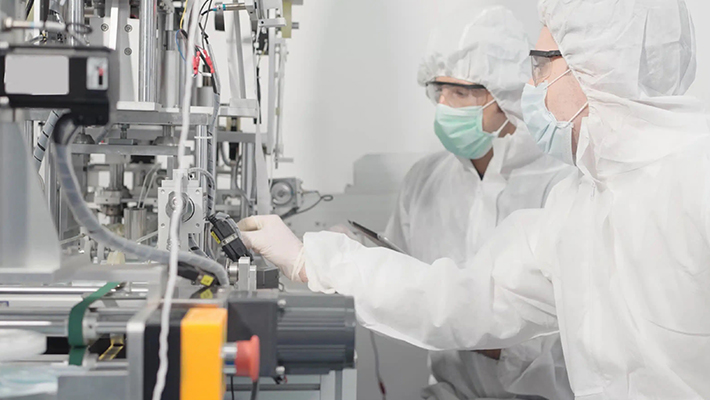Anvisa extends the period of validity of the Certificate of Good Manufacturing Practices to four years.
March 29, 2024
This measure is valid for companies participating in the MDSAP program.
The Brazilian Health Surveillance Agency (Anvisa) decided to extend the validity period of the Certificate of Good Manufacturing Practices (CBPF) for manufacturers of medical devices that participate in the Medical Device Single Audit Program (MDSAP) from two to four years. This extension was made official through the Resolution of the Collegiate Board (RDC) number 850, on March 20, 2024.
During the Collegiate Board Meeting (ROP 03/2024) that took place on March 19th, the proposal was unanimously approved. Rômison Rodrigues Mota, one of the directors, emphasized in his vote statement that this change reduces regulatory costs for companies and simultaneously increases monitoring, in addition to providing efficiency and agility to the Agency’s operational procedures.
Antonio Barra Torres, CEO of Anvisa, highlighted the importance of companies engaged in the program undergoing annual audits. These audits aim to monitor risks and verify ongoing adherence to good manufacturing practices, which is essential for controlling the health risks associated with products.
The new policy that extends the validity of the certificate to four years is conditioned on the manufacturer’s continued participation in MDSAP for the entire period of validity of the certificate.
Introduction to MDSAP
MDSAP aims to facilitate the process for medical device manufacturers by allowing them to hire a single auditing entity responsible for carrying out audits that meet the regulatory requirements of the program’s member countries, which currently include Australia, Brazil, Canada, Japan, and the United States.
This system allows the results of audits, including reports and certificates, to be used by companies to meet regulatory requirements in participating countries. The expansion of MDSAP over recent years demonstrates an increase in the number of international partners joining the program, which reinforces its importance and effectiveness in standardizing good manufacturing practices for medical devices globally.
Official members:
- Anvisa (Brazil);
- Health Canada (Canada);
- TGA (Australia);
- FDA (United States); and
- PMDA (Japan).
Official observers:
- World Health Organization (WHO);
- European Union (EU); and
- MHRA (United Kingdom).
Affiliate Members:
- ANMAT (Argentina);
- MTIIR (Israel);
- MFDS (South Korea);
- HSA (Singapore);
- TFDA (Taiwan);
- COFEPRIS (Mexico); and
- Kenya’s Pharmacy and Poisons Board (Kenya).
So far, Anvisa has found great value in integration with the MDSAP program, mainly because the good practice certification provided by the Agency is based on the evaluation of reports and certificates provided by independent auditing entities. This approach removes the need for Anvisa to conduct its on-site inspections. This strategy has been extremely beneficial, as it allows the issuance of Certificates of Good Manufacturing Practices (CBPF) more efficiently and economically, significantly saving time, human effort, and financial resources.
How to become an MDSAP participant?
For medical device manufacturers who are interested in joining MDSAP, it is essential to begin the process by contacting one of the auditing entities officially recognized and accredited by the program. The unified audit scheme adopted by MDSAP facilitates audit results – specifically the certificates and reports generated – to be recognized and accepted by regulatory authorities in different countries. This not only promotes international regulatory harmonization but also reduces costs and speeds up the approval process for the marketing of medical devices in the markets involved.
To check the list of auditing entities recognized by MDSAP, interested parties must search for the relevant information.
When Anvisa receives certification requests, it carefully checks whether the manufacturer in question has been audited according to MDSAP standards. In these cases, the Agency relies on MDSAP reports and certificates provided by accredited auditing entities to support its analysis of the certification request, including documents that have previously been submitted.
Additional and detailed information about MDSAP can be found on both the program’s official website and the Anvisa portal.
To ensure the clarity and effectiveness of this communication, Anvisa invites you to take part in a quick survey, which can be accessed by clicking on the link provided. Your opinion is valuable and will contribute to the continuous improvement of the services and information offered.


